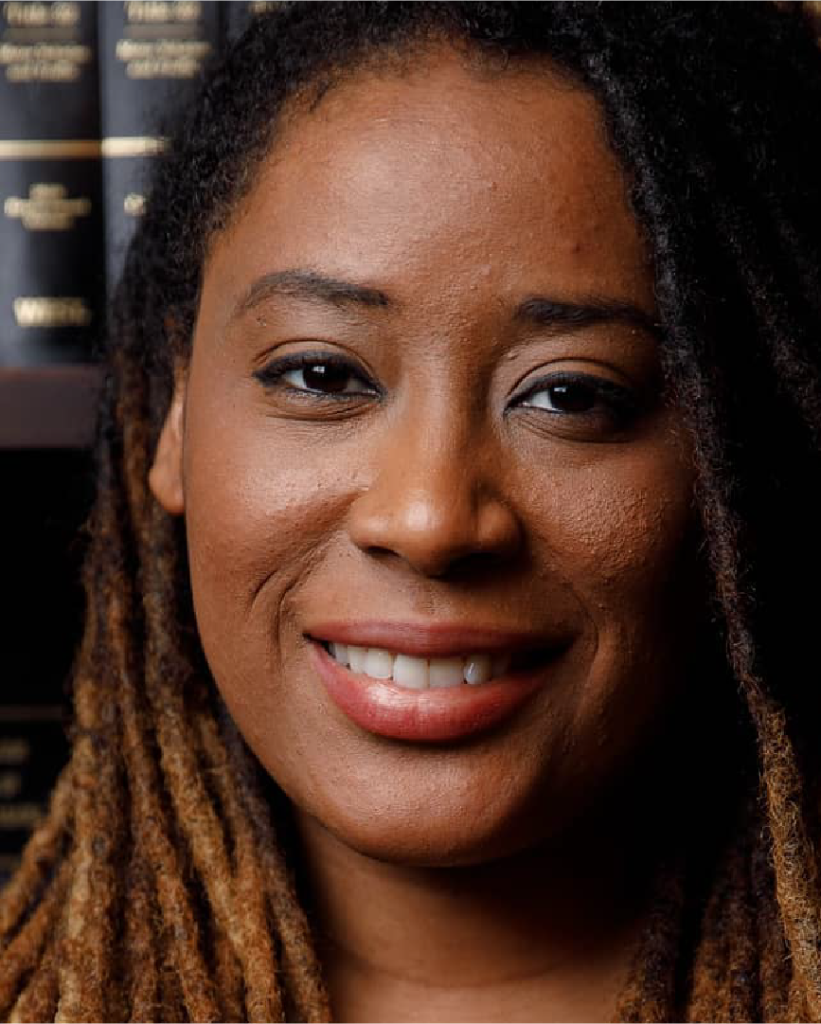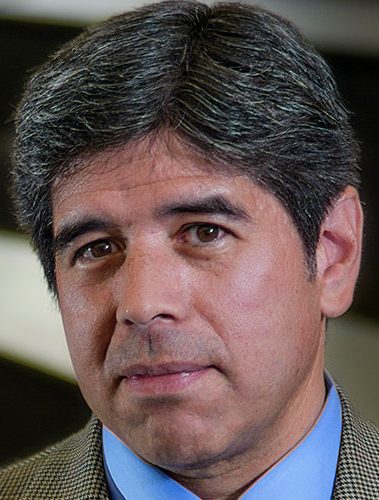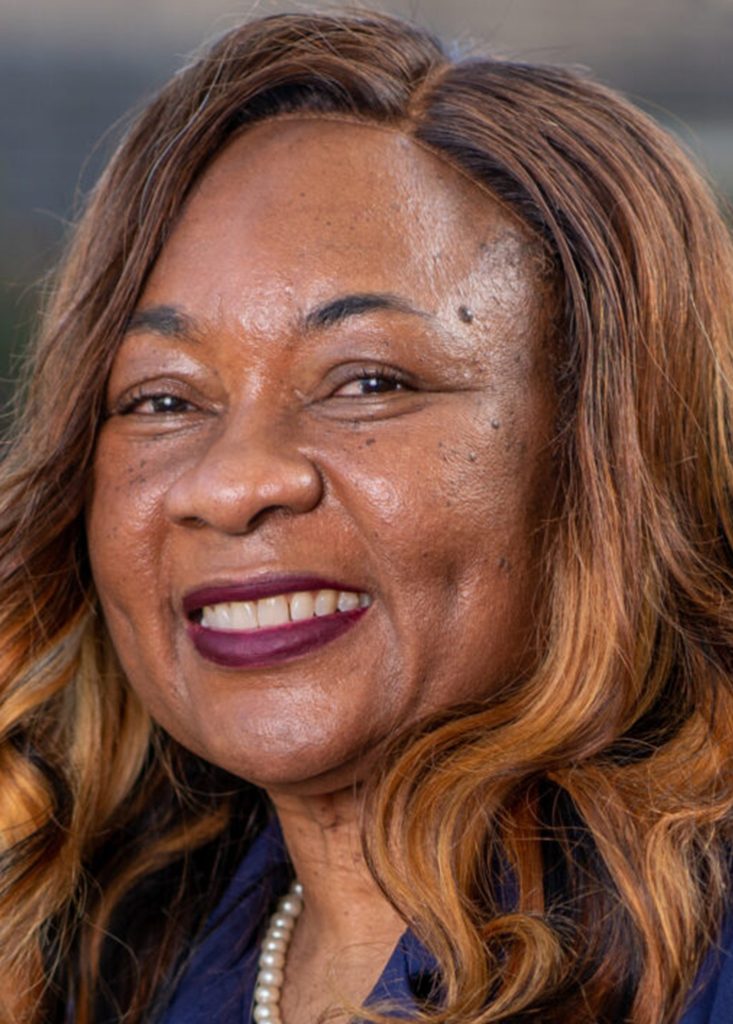GASP: Alabama’s Champion for Environmental Justice
November 25, 2025

By Javacia Harris Bowser | For the Birmingham Times
To many people, Birmingham is synonymous with the fight for Civil Rights. Jilisa Milton, executive director of the Greater-Birmingham Alliance to Stop Pollution (GASP), wants the fight for environmental justice to be at the city’s forefront, too.
“Environmental justice isn’t separate from anything else — it’s a Civil Rights issue, a health issue, and a human rights issue,” Milton said.

GASP has become a leading force in Alabama’s push for environmental justice, working to secure cleaner air, healthier neighborhoods, and a fairer future for everyone. Since its start in 2009, GASP has focused on promoting healthy air and environmental justice by educating the public, advocating for policy change, and building strong community partnerships.
Guided by Milton — a Birmingham native, attorney, and social worker — the organization carries forward the city’s long tradition of fighting for justice, now centered on environmental health and racial equity.
‘Until The Smoke Clears’
GASP has several ways for people to get involved in the fight for environmental justice. Residents can donate, volunteer, or sign up for an air monitor and become a community air keeper. GASP has a junior board and an internship program for young adults.
Those looking to support GASP can also attend the organization’s annual Toast to Clean Air celebration. The theme for this year’s event, set for Wednesday, December 4 at 6 p.m. at Sloss Furnaces National Historic Landmark, is “Until the Smoke Clears.” The theme reflects GASP’s commitment to fight until every neighborhood breathes freely and the legacy of pollution and inequity is finally lifted.
“This is a tough year for everybody on the environmental justice side,” Milton said. “A lot of funds given during the last administration for cities and communities to be equitable have been rescinded. People have lost their jobs.”
But GASP won’t give up.
“We chose the theme ‘Until the Smoke Clears’ to represent that we are going to keep going despite those things,” Milton said.
Education, Advocacy, and Collaboration
GASP prioritizes empowering communities with the information they need to be their own advocates. The group installs air quality monitors throughout the city and also offers monitors that residents can place outside their homes.
“And we teach them about understanding the air quality index,” Milton said, adding that GASP also informs residents how to report air pollution problems once they’re detected.
For people who live in Jefferson County, air pollution concerns should be reported to the Jefferson County Department of Health. Residents outside of Jefferson County can contact the Alabama Department of Environmental Management (ADEM).
“We also do climate work,” Milton added. “We teach people about issues related to sustainability, and we teach about solar and renewable energies as well.”
To further expand the group’s education and advocacy work, GASP often collaborates with other organizations such as Black Warrior Riverkeeper, the American Lung Association, and the University of Alabama at Birmingham (UAB).
GASP partnered with the Southern Environmental Law Center to host Smoke School, a hands-on training and certification in Method 9 visible emissions evaluation. Participants learned how to judge the opacity of smoke and were equipped with the skills to identify and report air pollution violations using EPA-approved techniques.
GASP also steps up in matters of litigation against companies that are in violation of pollution regulations.
Devoted to Advocacy
Milton has devoted her career to advocacy work. An attorney with a master’s degree in social work, Milton has worked on issues such as Medicaid expansion, reproductive justice and anti-carceral work. She’s also been heavily involved in Birmingham’s Black Lives Matter movement.
Milton, who became executive director of GASP in 2023, believes it was all leading her to environmental justice work. “It wasn’t until I started at GASP that I understood the connection that this issue has with absolutely everything else I’ve done,” she said.
Milton grew up hearing stories about the impact – both good and bad — that the steel industry had on the city of Birmingham and on the lives of its residents. “So, I talk about that history a lot because I think it’s not often connected to the civil rights movement the way it should,” Milton said.
Understanding Environmental Justice
Environmental justice means recognizing that marginalized communities — especially Black residents in Birmingham — have long carried a disproportionate burden of pollution, environmental degradation, and the effects of climate change. This inequity is rooted in the city’s history: Black people made up roughly 70 percent of the labor force that built Birmingham, Milton said.
“Even though our names are not the ones you see like Ensley, Ramsay and McWane, we were the ones that were laboring,” she said.

Black families were often forced to live closest to the industries they powered, breathing polluted air, working in dangerous conditions, and facing barriers to basic public health necessities like running water and electricity, Milton went on to explain. When Black residents sought safer neighborhoods, they were often met with racial terror and discriminatory planning practices. Because federal funds and infrastructure decisions have historically excluded or harmed Black communities, environmental justice is not just about pollution — it’s a civil rights issue, tied to the same systems of inequity that shaped housing, schools, and political power.

This year’s GASP event on Dec. 4 will feature keynote speakers Cliff Villa, environmental law expert, and Catherine Coleman Flowers, acclaimed environmental justice advocate and MacArthur Fellow. Guests can also expect dinner, craft cocktails, live music, interactive art and storytelling experiences, and awards recognizing environmental justice champions. VIP guests will also have access to an exclusive pre-event experience that includes appetizers and a private guided tour of Sloss Furnaces.
Learn more and purchase tickets at gaspgroup.org/toasttocleanair.
Search
RECENT PRESS RELEASES
Related Post




